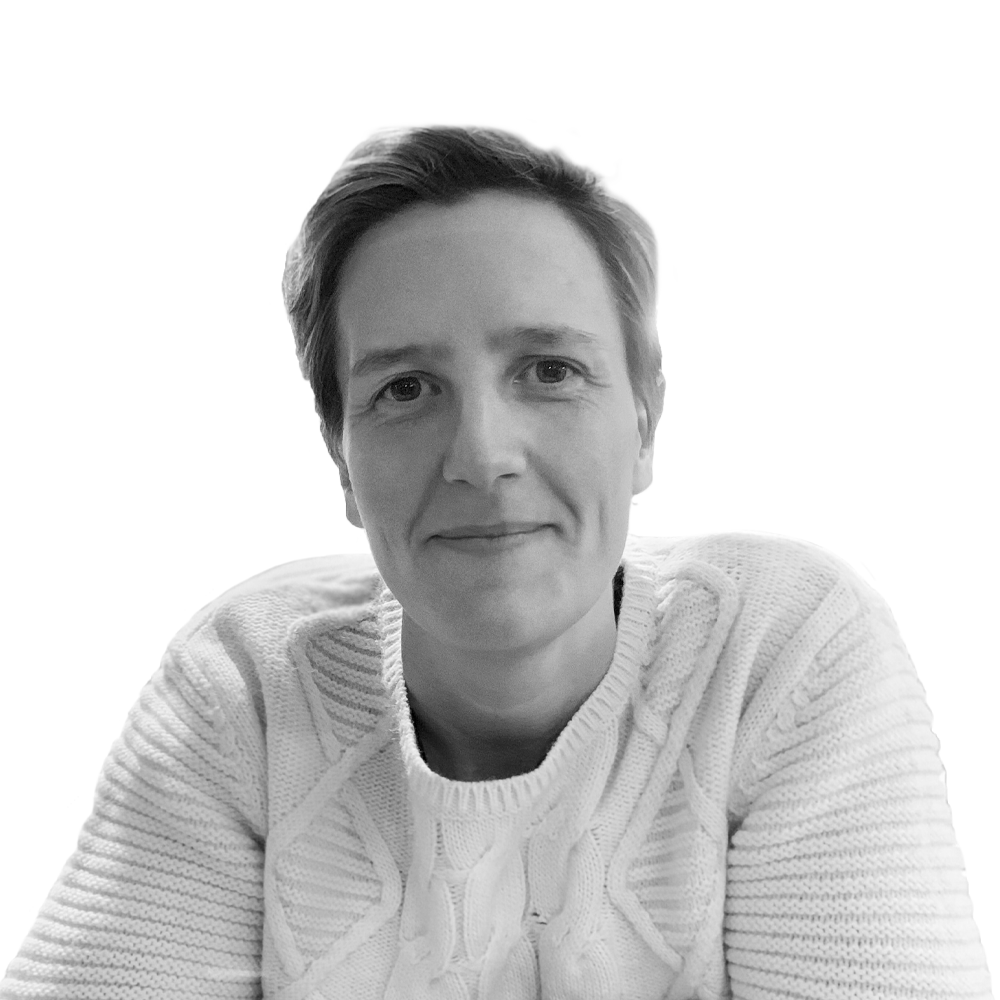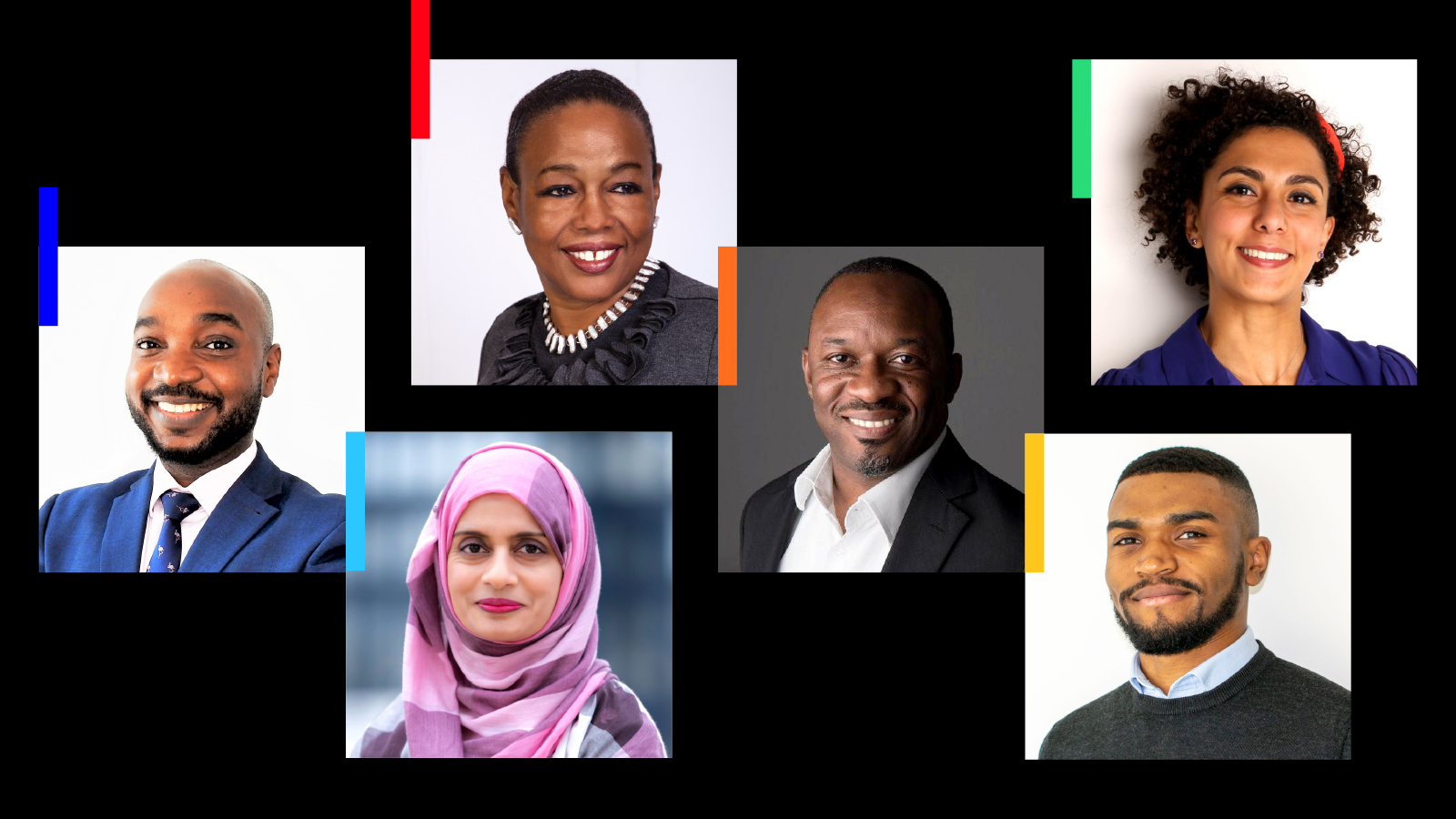
June is Pride Month, celebrating LGBTQ+ communities all over the world. It’s a time when a lot of companies and organisations hold Pride events or assess just how inclusive their workplace really is. Kelly Canterford MRICS is a board member of Freehold, the networking group for LGBTQ+ property professionals. She discusses why it’s so important for employers to be taking positive action on diversity and inclusion in all 12 months of the year.
Is the surveying industry as diverse and inclusive as it could be?
The surveying industry isn’t perfect but it’s not alone in that. No part of society has completely cracked it. Part of the issue is realising that creating equality doesn’t mean asking anyone to lose out, we’re not taking anything away from anyone. We’re just offering a level playing field.
Many senior managers and CEOs understand this. I’ve never seen any companies where someone has been promoted because of their sexuality, ethnicity or gender – we’re just asking for people to be represented.
How did you get involved with Changing the Face of Property and Freehold?
It’s because of what I did while I was at JLL. I was working on the Strategic Asset Management team and was also a member of Freehold. I went along to a Freehold event and met five people from JLL who I didn’t know were LGBTQ+. We took a photo, sent it to our internal newsletter and it was published.
We were then approached by Guy Grainger who was CEO at the time and said: “This is important, we need to support inclusion and further the diversity aspects of this business.” That’s pretty much how Building Pride started at JLL – and my interest in D&I went from there.
When I was at JLL we co-created an event called Authenticity, which aimed to show students coming into the city to work that it is a place where you can be out and feel comfortable. There’s an often-quoted statistic that 62% of graduates go back into the closet when they enter the workplace. That’s quite an old statistic, but it still rings true in that people go back into the closet when they start a new job because they’re not sure how the land lies.
Just putting a rainbow flag outside every June isn’t enough. People have got wise to that.
And Freehold?
It was initially set up as a networking group. When it began, there wasn’t another place for LGBT surveyors or property professionals to meet each other. And as more young people joined, they highlighted the lack of role models within the industry, so Freehold started a mentoring programme.
We’ve also been involved with setting up the LGBT in Real Estate Conference with BNP Paribas Real Estate and JLL, which started in 2017 and happened again in 2019. Freehold also has a large involvement with Pride in London every year.
We’ve got some incredible people on the board and as members, who are able to offer advice and guidance or just be a sounding block to each other. The great thing about the Freehold events is that there’s a level playing field – you could be a junior person speaking to a CEO, there isn’t any hierarchy. People are just there to connect, share information and create friendships.
What are the best examples of D&I policies you’ve seen outside of the property industry that could work for companies in the sector?
Language needs to be explicitly inclusive to ensure everyone feels welcome. Transitioning at work policies are also important to demonstrate inclusiveness – less than 1% of people will use that option but to have it means that somebody knows they are supported by that business. If you look at the Big Four [accountancy firms], they all have incredible policies around inclusion at work. They’ve got a much broader view of creating a safe environment for their people.
How can companies make sure their D&I initiatives have a genuine impact and aren’t just rainbow-washing their brands?
Having LGBT-visibility within a business is so important. Going into an environment where people are wearing rainbow lanyards or have a rainbow lapel badge does indicate a level of inclusion within the workplace and will give a new person confidence in being themselves and being out. There’s a huge amount of value in that because it gives you a sense of safety.
On a bigger scale, it needs to be backed up with actions. Just putting a flag outside every June isn’t enough. People have got wise to that. Businesses have to back up smaller actions like a rainbow flag on their Twitter banner or in their office windows.
Holding an event in December or a month when there isn’t another reason to do it (eg Pride Month in June or LGBT History Month in February) shows that you’re thinking about it all year round. Doing an event doesn’t show that you have an inclusive company but it’s a start and it’s about education.
Companies need to make sure there is a positive education of people about how to be an ally. That can’t be underestimated. One of my most powerful experiences in the workplace was when a colleague of mine, a white, cisgender, heterosexual woman stood up for me when we were in a group with someone who was acting in a homophobic way. That’s the importance of allyship – that people around you recognise that kind of behaviour is not okay.
Transitioning at work policies are important – less than 1% of people will use that option but to have it means that somebody knows they are supported by that business.
If you could give newly qualified surveyors one piece of advice what would it be?
Do your due diligence on where you work and be comfortable putting your LGBT status on your CV. If a company sees that and they are offended, do you really want to work there? For example, if you’ve been involved with your university LGBT society or LGBT groups, include that.
I would also recommend they connect with organisations such as Freehold, LGBT Property Professionals, Building Equality – all the networks that are available for LGBT people within real estate or the built environment. Start building up a network and ask for a mentor – at times it’s going to be tough and having a senior person who’s been through it and can say ‘it gets better’ helps.
Kelly Canterford MRICS is a chartered surveyor and a member of the Freehold board. She is the programme manager for Changing the Face of Property and Property Needs You, a collaboration of 12 of the largest real estate companies in the UK who are working together to accelerate diversity and inclusion across the real estate industry. Kelly was named as a Top 10 LGBT+ Inspirational Leader at the British LGBT Awards in 2018.



